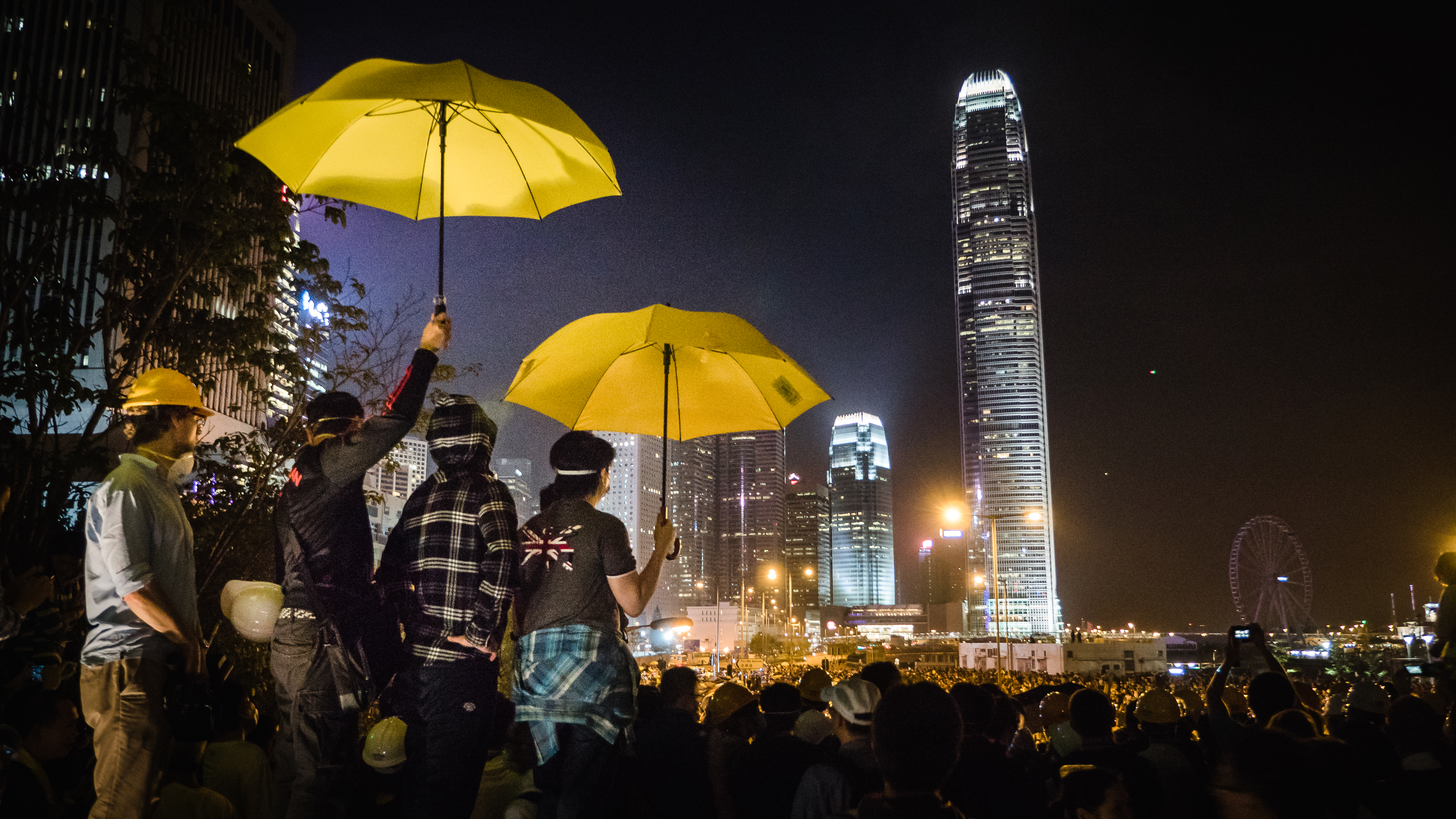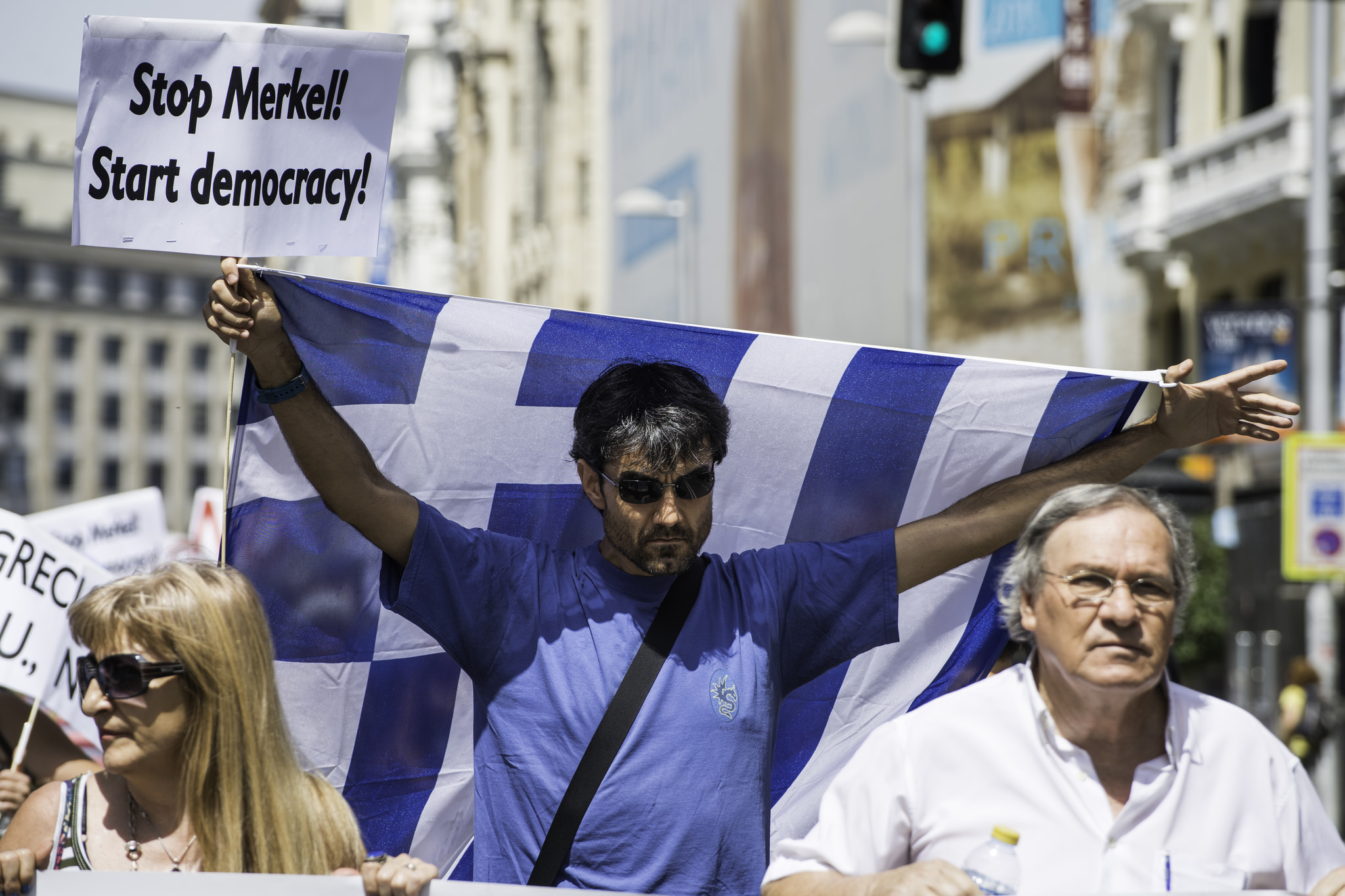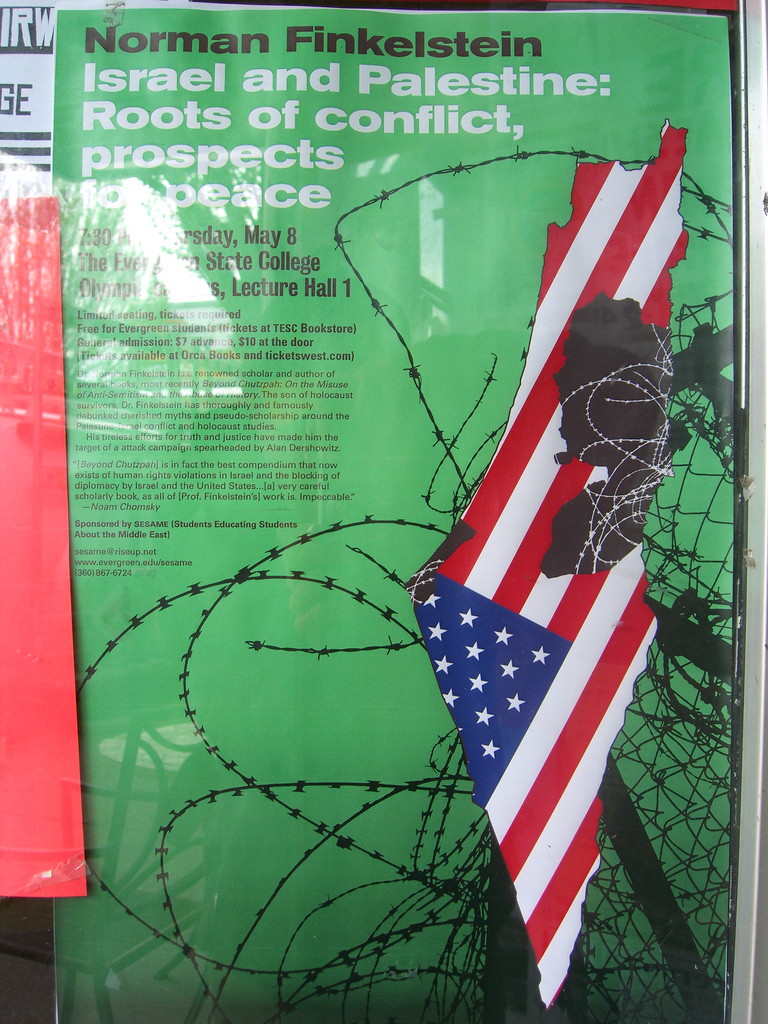On the morning of June 5th, 1989, a man in a white shirt stood in front of a military armored tank in one of the most iconic photographs of that year. The same year that the Poles, the Czechs, the Hungarians, the Germans, and the Romanians overthrew their communist oppressors, the people of China attempted to do the same by protesting in Tiananmen Square.[1] Where the revolutionaries of Eastern Europe found jubilance and victory, the same attempts in China resulted in massive bloodshed. Protesters were massacred in the streets of Beijing. The violent clash between the government and unarmed protesters on June 4th, 1989 has been forever memorialized through photos like the one of the man blocking the tanks (which was taken on the morning after the massacre). Every year since the massacre took place, the people of Hong Kong have gathered by the thousands in Victoria Park to hold a candlelight vigil for the victims.[2] The protests of 1989 were momentous occasions, exposing the turmoil behind the Iron Curtain and provoking mass mobilization against autocratic governments.
In the early 2010s, a new wave of revolutions hit the autocratic world with the Arab Spring wiping away dictatorships in Tunisia, Egypt, and Libya. With the exception of Tunisia, the Arab Spring movements seem to have failed, ushering in a new dictatorship in Egypt, creating a power vacuum in Libya, and triggering a bloody civil war in Syria.[3] A similar event occurred early last year in Ukraine, where the Euromaidan revolution ousted President Yanukovych and triggered a war in the eastern part of the country.[4] While all of these movements in the Middle East and Eastern Europe can be considered comparable in that they led to mass bloodshed and turmoil, one unique movement broke out to challenge this paradigm: the Umbrella Revolution of Hong Kong. In addition to the non-violent nature of the protests, the movement was unique because it appeared to produce very little in the way of tangible effects. The difficulty in trying to achieve political change in Hong Kong is due to the fact that the state of its political freedom is entirely at the discretion of Beijing. The current Xi administration makes it clear that it will not tolerate dissent and declared the protests “illegal.”[5] Although there is no obvious action that can be taken to ensure democracy, it is obvious that inaction will kill democracy as surely as the events of Tiananmen Square.
Now, at the one year anniversary of the mass protests in Hong Kong, a new wave of uncertainty and nihilism is emerging in the city. I lived in Hong Kong for more than fourteen years, and I remember being taken to one of the annual July 1st protests when I was seven or eight. Although I did not understand what it was about and could not speak Cantonese, it still struck me to see such a strong display of defiance. Over the years I came to love Hong Kong, and though I speak Cantonese with a horrendous accent, Hong Kong is an important part of my identity. Despite being a half-white American citizen, I can still say with a degree of confidence that Hong Kong is my home, and I feel as though a right as basic as democracy is something that my home deserves. The Communist Party officials in Beijing do not share this view. They have expressed a desire to choose potential Chief Executive candidates, allowing only two or three to run after being selected by a generally pro-Beijing nominating committee.[6] Pro-democracy protesters feel that this system would likely undermine any democratic reform.
As the protests broke out, I remember the frustration of being stuck in the United States, being informed along with everyone else about the events through a combination of social media and breaking news alerts. In my home city, streets that would ordinarily be bustling with pedestrians were choked with protesters – and unthinkable sights like barricades, tear gas, and police beatings became ubiquitous on Western television and computer screens. While images of police in riot gear, using tear gas and pepper spray, are often accompanied by images of rioters provoking such a response, photos of the Hong Kong protesters showed that they had merely unfurled umbrellas. When I returned home in the winter of 2014, there was almost no sign of upheaval. The major protest sites at Central, Wan Chai, and Mong Kok all appeared as they had when I left for the US; people carried on as if nothing had happened. With a year of hindsight to reflect on the movement, the protests seemed to accomplish little other than strike sharp divisions into the ordinarily moderate society of Hong Kong. Even in the early days of the protests, the vast majority of people in Hong Kong did not support them. The demonstrations did manage to successfully gain widespread international support and awareness for the cause, but China’s iron grip on domestic media outlets and the internet meant that international support did not tangibly affect the affairs of Hong Kong. It also leant ammunition to Beijing’s natural proclivity to blame foreigners for increased interest in political freedoms.
One can note with a degree of cynicism that the movement’s major political victory came in a bizarre episode that caused the Legislative Council to veto Beijing’s reform package. Essentially, Pro-Beijing members of the Legislative Council walked out right before a key vote on Beijing-authored electoral reform that would have created what pan-democrats considered a “fake democracy.”[7] The ill-timed walkout by pro-Beijing lawmakers seemed to have been a delaying tactic used to allow for senior members to show up to the vote. However, the pro-democracy councillors saw that they could still form a quorum, and used the opportunity to vote down the measure. But other than pro-Beijing leaders shooting themselves in the foot, there seems to be little that the pro-democracy movement can do to protect Hong Kong. The CCP seems determined to shove what resembles Soviet-era salami tactics down the throats of the city’s voters in order to keep Hong Kong subservient.
A Shanghai venture capitalist named Eric Li wrote an article for the Washington Post characterizing the protests as a result of “a fringe of radical (or sometimes, more charitably, merely naive) ideologues…recasting the real and legitimate economic grievances of people here as a fight about Hong Kong’s autonomy.”[8] He also equates the movement with the Euromaidan revolution, coining the term maidancracy to describe this new wave of protest. Mr. Li’s arguments are similar to the official Beijing stance, given that when the government wasn’t actively censoring all coverage of the protests from its own people, officials were claiming that the movement was radical and deserved to be met with increased use of police force. Beijing also adopted the classic authoritarian policy of blaming foreign countries for the increased democratic fervor. Mr. Li states that the protests stem from economic conditions, with income inequality leading to general dissatisfaction, which was co-opted in a sinister plot by pro-democracy radicals. The bewildering portrayal of democracy as being radical seems more appropriate coming from an 18th century aristocrat than from a 21st century venture capitalist, but in any case, Mr. Li’s arguments shed an important light on his and Beijing’s refusal to accept that, amongst the people of Hong Kong, there is a genuine desire for democratic reform. Importantly for the pro-democracy movement, the recent district council elections saw a number of seats gained for “Umbrella Warriors,” although a number of seats were also gained by pro-Beijing candidates.[9]
Exactly what Hong Kong will look like in the future is a murky and uncertain prospect. The Hong Kong I left was hopeful and defiant, as the grim uncertainty had yet to be tested. The Hong Kong I returned to in the summer of 2015 was changed. Disillusionment and apathy became the primary political outlook. It would not be unreasonable to predict that future political expression will be shaped by anger and frustration. Street politics and further “illegal” action may become the new norm. The very structure of the government has made legislative measures in favor of democratic self-actualization impossible. This is in part the result of functional constituencies, which give seats in legislature directly to special interest groups. The existence of functional constituencies in the Legislative Council means that there will always be a large number of reliably pro-Beijing seats, making any pro-democracy votes difficult if not downright impossible to pass. Faced with a Beijing that is under the control of the Xi Jinping, a disturbingly authoritarian leader, it seems like the coming tide cannot be stopped.
In regards to the future of Hong Kong, difficult questions must be asked. Exactly how far must the pro-democracy “radicals” go to keep Beijing from interfering with Hong Kong’s affairs? How far must Beijing go for the sake of “order”? I can’t pretend to know the answers, but Hong Kong’s future is bleak. I hope that Beijing can learn to accept a Hong Kong that has free and fair elections, where the spirit of democracy can be expressed freely. I hope Hong Kong can enjoy the liberty that it rightfully deserves. There is something fundamentally unsound about a state claiming that a demand for democratic self-actualization is radical and unrealistic. The Xi Administration’s vision of China is one of limited freedom and a unified, controllable Party. Whether or not Hong Kong will indeed be protected by “One Country, Two Systems” seems entirely at the discretion of Beijing, and there seems to be little that can be done to change this. The umbrella is indeed an apt symbol for the protest movement, as it can only provide limited protection against the unstoppable force of nature that comes as inevitably as the typhoon.



